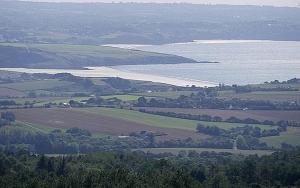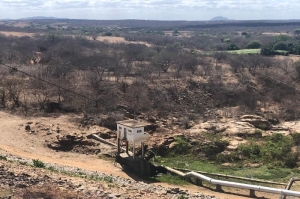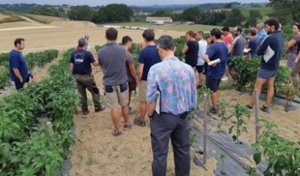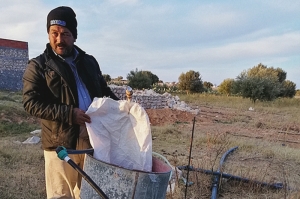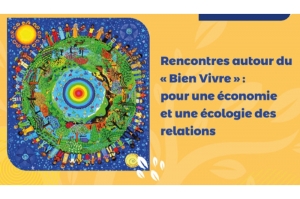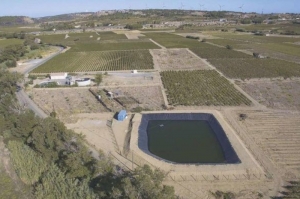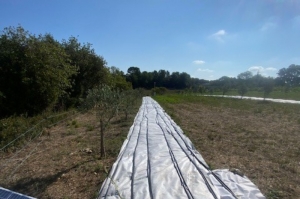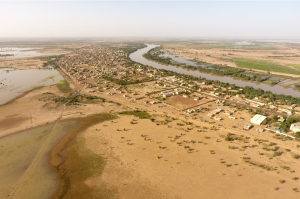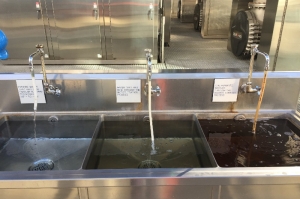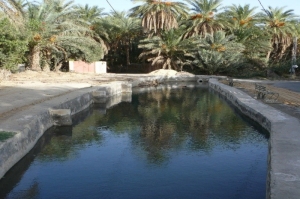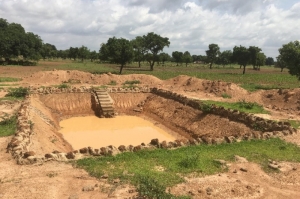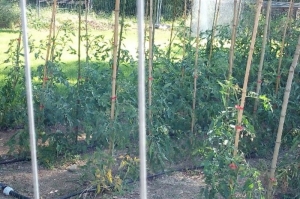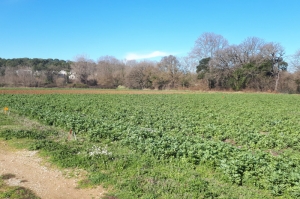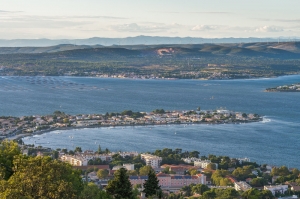CLEPSYDRA est un projet InterReg financé par le programme européen EURO-MED, ayant démarré en 2024.
URBANFOSC s'attaque au triple défi de la sécurité alimentaire et nutritionnelle dans les villes africaines (secondaires) en abordant l'interaction entre l'urbanisation rapide, le changement climatique et l'augmentation de la production…
Le projet pilote inclut 2 volets :
L’eutrophisation côtière est reconnue comme l’une des menaces les plus importantes qui pèsent sur la santé des socio-écosystèmes (SES) côtiers à l’échelle globale. Malgré des efforts soutenus et de longue…
L’objectif général est d’impacter positivement et durablement les moyens d’existence des populations sur des territoires donnés. Pour ce faire, le projet considère les différentes santés d'un système socioécologique (santé végétale,…
Le projet SERTOES est un projet de recherche-action qui doit permettre d’utiliser la production des connaissances sur l’état des ressources en eau et leurs usages comme un vecteur de…
Depuis plusieurs années, les producteurs de piment d'Espelette (Capsicum annuum) sont confrontés à des problèmes récurrents et croissants liés au désherbage, aux aléas climatiques (sécheresses et inondations) et à la…
Le projet vise à améliorer les pratiques de fertigation des agriculteurs en Afrique du Nord, en caractérisant et en co-expérimentant avec les agriculteurs les voies d'amélioration d’une pratique répandue, à…
Le concept de « Buon Vivere » (Bien Vivre) est un ensemble de bonnes pratiques et de principes fondamentaux qui incitent les groupes sociaux à créer de nouvelles bases fondées sur les…
Bien que les inondations urbaines aient été fortement étudiées, les écoulements se produisant entre les rues et les bâtiments sont peu documentés au laboratoire et sur le terrain. Le projet…
Dans les grandes villes, l’urbanisation prend souvent le dessus sur les espaces agricoles périurbains générant une augmentation des phénomènes d’inondation et de l’exposition des enjeux humains et économiques. Dans le…
Dans le cadre de la réutilisation des eaux usées traitées pour l’irrigation des vignes, l’objectif du projet VITIREUT est triple : Acquérir des connaissances techniques et scientifiques sur l’incidence de…
Dans le contexte de la réutilisation des eaux usées récupérées en agriculture, le projet MUSE ALLEA étudie les qualités de l'eau le long du continuum Eau/Sol/Plante.
© JC. Bader, IRD : Barrages existants et en projet sur le bassin du fleuve Sénégal. La construction de nouveaux barrages sur le bassin projetés par les états membres de…
Depuis les années 1990, on assiste à un renouvellement de la réglementation encadrant la pratique de Réutilisation des Eaux Usées Traitées en France.
Le projet IDES propose de construire, en concertation avec les acteurs de l’oasis de Jemna, une réponse au triple défi d’une gestion durable d’un point de vue environnemental, d’une bonne…
© Photo : Petits bassins d’irrigation - Rahim Ouedraogo (Cirad) Le projet vise à co construire des solutions d’irrigation avec les principaux acteurs du secteur de la…
© Photo : Culture de tomates irriguée - Claire SERRA-WITTLING (INRAE) La société ACTIS souhaite proposer aux particuliers une solution informatique leur permettant de piloter l'irrigation de leurs jardins, avec…
© Photo : Plateforme expérimentale - B. Molle, INRAE Face à la pénurie en eau dans les régions méditerranéennes, de nouvelles technologies prometteuses voient le jour pour améliorer…
Le projet de recherche GOETHE "Gouverner les bassins côtiers méditerranéens pour mieux lutter contre l’eutrophisation des lagunes et engager leur restauration écologique" est un projet interdisciplinaire qui associe des chercheurs…



